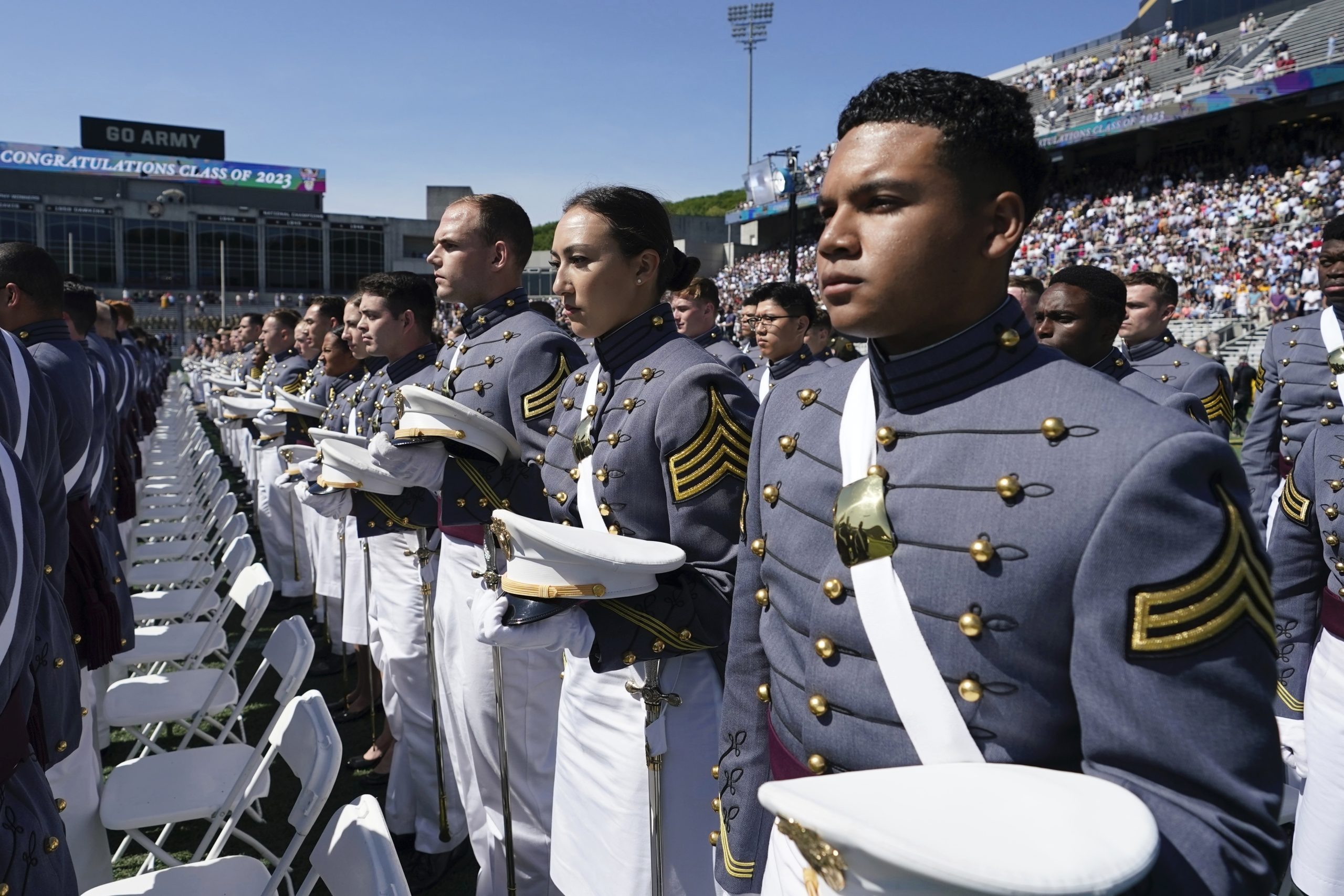The Supreme Court has decided to permit West Point to maintain the inclusion of race as a factor in its admissions process for the Class of 2028, despite an emergency appeal seeking to eliminate the practice during the ongoing lawsuit over the policy.
In a Friday ruling, the Court, through an unsigned order, rejected the appeal without expressing any opinion on the constitutional question’s merits. This legal action follows the Court’s June decision, which concluded affirmative action in admissions at various colleges but excluded military academies.
In the previous ruling, Chief Justice John Roberts, speaking for the majority, found that the race-conscious admissions policies of Harvard University and the University of North Carolina at Chapel Hill violated the Equal Protection Clause of the 14th Amendment.

The Court highlighted the lack of sufficiently focused and measurable objectives, the negative use of race, racial stereotyping, and the absence of meaningful endpoints in these programs.
Notably, the majority mentioned that military academies were not part of the lawsuits, and lower courts had not addressed the appropriateness of race-based admissions systems in that context. The group behind the lawsuits against Harvard and North Carolina subsequently challenged West Point’s admissions policy in September.
Students for Fair Admissions, the group opposing the race-conscious admissions process, argued that the June ruling did not create an exception for military academies. They contended that West Point should not be permitted to continue labeling and sorting applicants based on their skin color. The group raised concerns about potential unchecked racial discrimination in the admissions process.
Despite the group’s claims that West Point would start reviewing applications after January 31, the Biden administration stated that the school had been reviewing applications since August.
Solicitor General Elizabeth Prelogar, representing the Biden administration, emphasized the national-security imperative of a diverse Army officer corps and argued that limited consideration of race is necessary to achieve this diversity at the United States Military Academy at West Point.
The Supreme Court’s order follows lower courts’ decisions not to block the admissions policies at both West Point and the U.S. Naval Academy during the ongoing legal proceedings.


